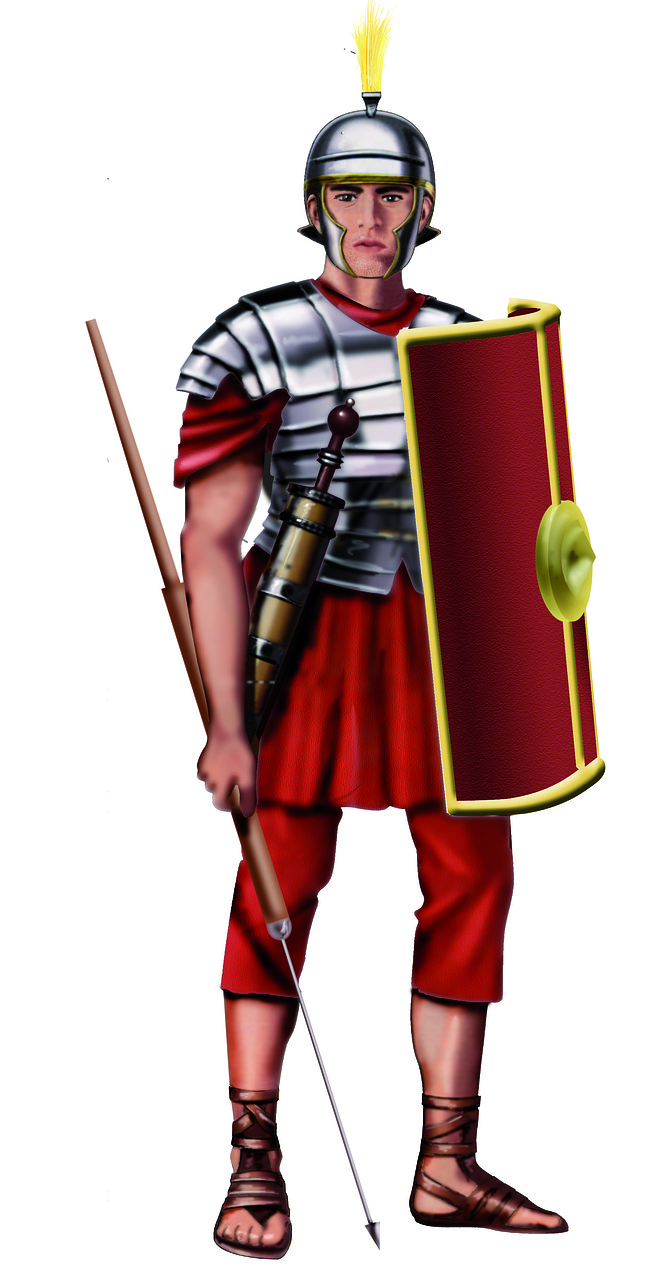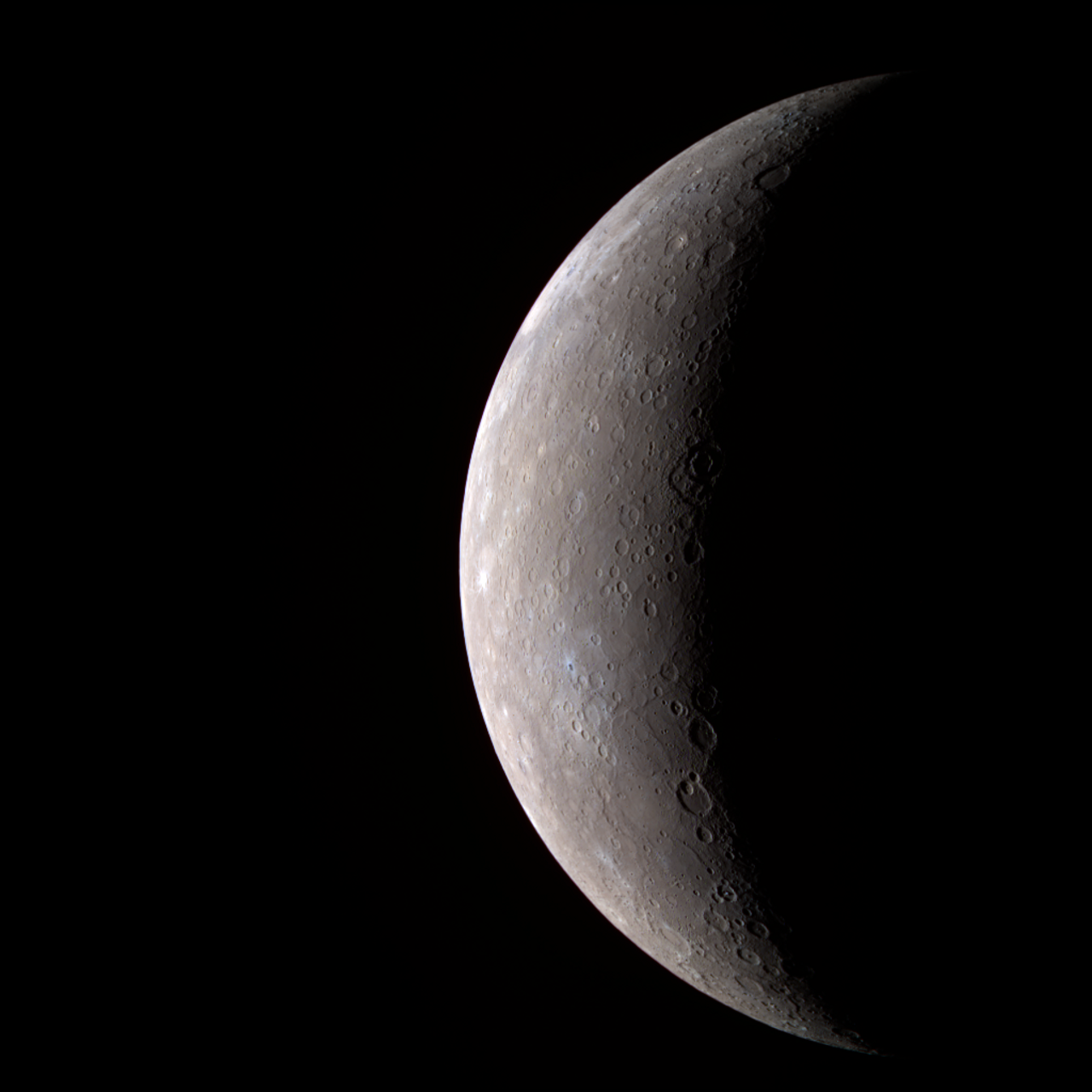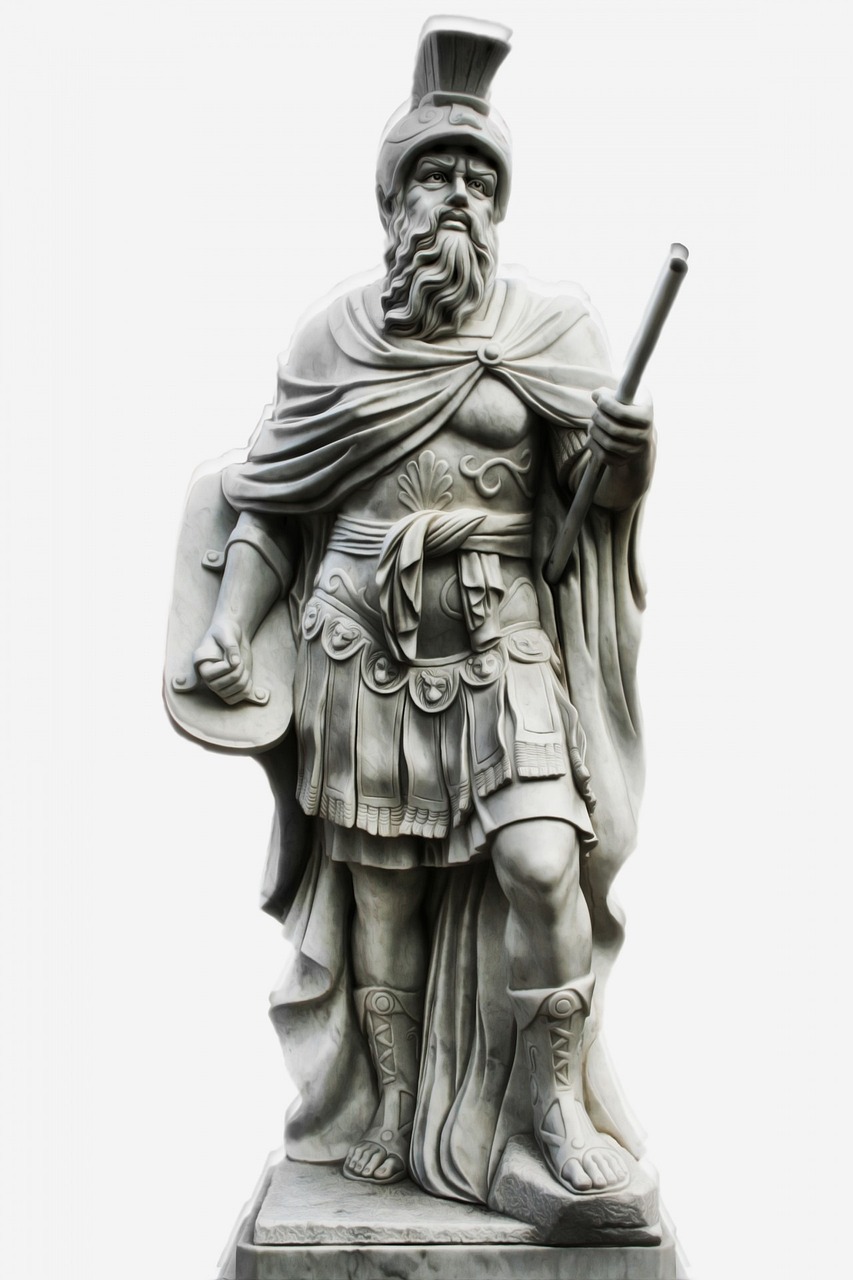Tag: Roman mythology
-
Roman Religion: Beliefs, Practices, and Historical Insights Roman religion, also referred to as Roman mythology, encapsulates the beliefs and practices of the inhabitants of the Italian peninsula from ancient times until Christianity’s rise in the 4th century CE. This era, known as Classical antiquity, showcases a rich tapestry of religious thought. Cicero, a prominent orator…
-
Pomona, also known as Pompona, stands as the Roman goddess symbolizing abundance, with a focus on fruit-bearing trees, gardens, and orchards. Regarded as a minor deity, her symbol was the pruning knife. Some narratives even portray her as a wood nymph rather than a traditional goddess. Historical Background As a uniquely Roman entity, Pomona presided…
-
Terminus: The Roman Protector of Boundaries In Roman mythology, Terminus stands as the deity presiding over boundary markers that define the edges of properties and communities. The very name of Terminus derives from the Latin word for boundary stone, illustrating the explicit connection between the god and these significant markers. Romans considered the placement of…
-
Pomona, the ancient Roman goddess representing fruit trees and orchards, derives her name from ‘pomum’, which translates to fruit or orchard fruit in Latin. Unlike many deities in Roman mythology, she holds a unique status with no direct Greek equivalent, although parallel comparisons can be drawn with Demeter, the Greek goddess of agriculture. Artistic representations…
-
Mercury, known as Mercurius in Roman mythology, holds the title of the deity governing commerce. He serves a vital role as an intermediary between gods and humans, recognized for his remarkable speed due to his winged sandals, which also symbolize the flow of goods, messages, and people. Mercury is venerated by merchants, particularly those involved…
-
The Roman God Apollo: A Multifaceted Symbol of Culture and Order Apollo, emerging from the Greek pantheon, assumed a significant role as a celebrated Roman god, renowned for his associations with music, poetry, and creative inspiration. A pivotal figure in the realms of law and healing, Apollo was instrumental in establishing societal order and was…
-
Mors, the god of death in ancient Roman mythology, is also known as Letum or Orcus. While not extensively worshipped, he shared associations with the Greek god Thanatos and the Etruscan deity Charun, indicating a multifaceted connection to the concepts of mortality across different cultures. Depiction and Significance Mors is typically illustrated as a grim…
-
Mors: The Roman Personification of Death Mors, in Roman mythology, is a distinctive embodiment of Darkness and Agony, as well as the personification of death. She represents a fundamental aspect of existence, illustrating the inescapable nature of mortality. Overview As a principal representation of death, Mors is the daughter of Nox (the goddess of night)…
-
Mercury, known as Mercurius in Roman mythology, served as the deity of trade and a key intermediary between gods and humans. His distinctive winged feet symbolized his swiftness, playing a critical role in the flow of commerce, travel, and communication. Recognized for his patronage over merchants, particularly those in the grain trade, Mercury was often…
-
Janus, the dual-headed Roman deity, symbolizes doorways and new beginnings. Nestled along Argiletum Street, the Temple of Janus in Rome connected the Roman Forum with the nearby residential areas. This modest wooden structure points to the ancient roots of Janus’ worship among the Romans. The significance of Janus can be observed through various historical markers;…










